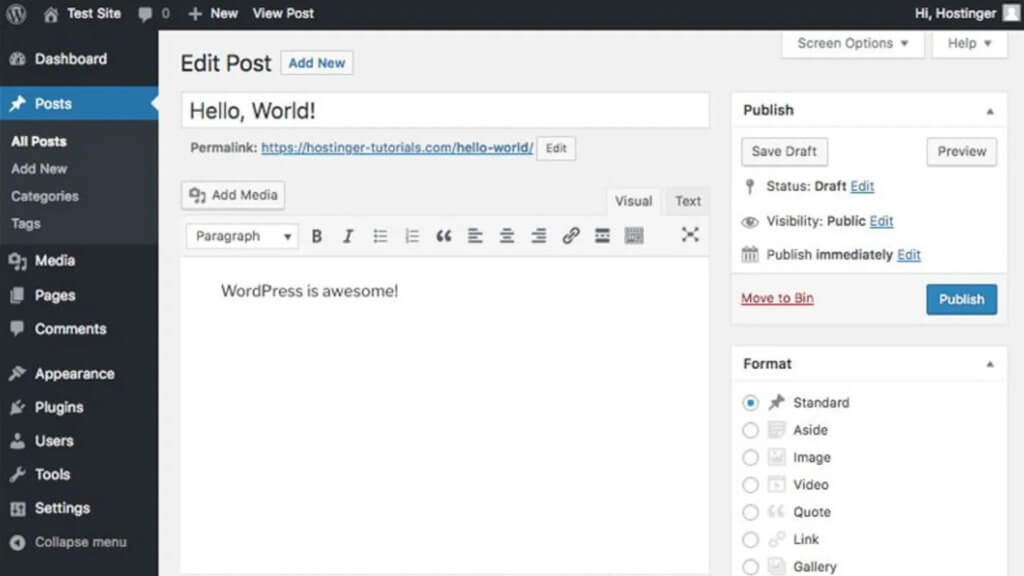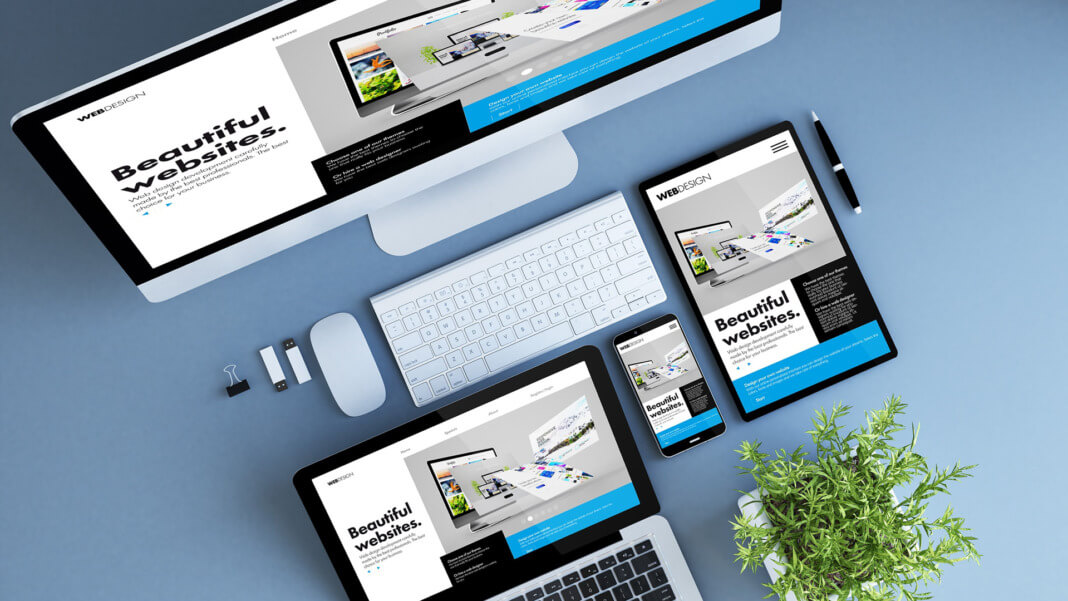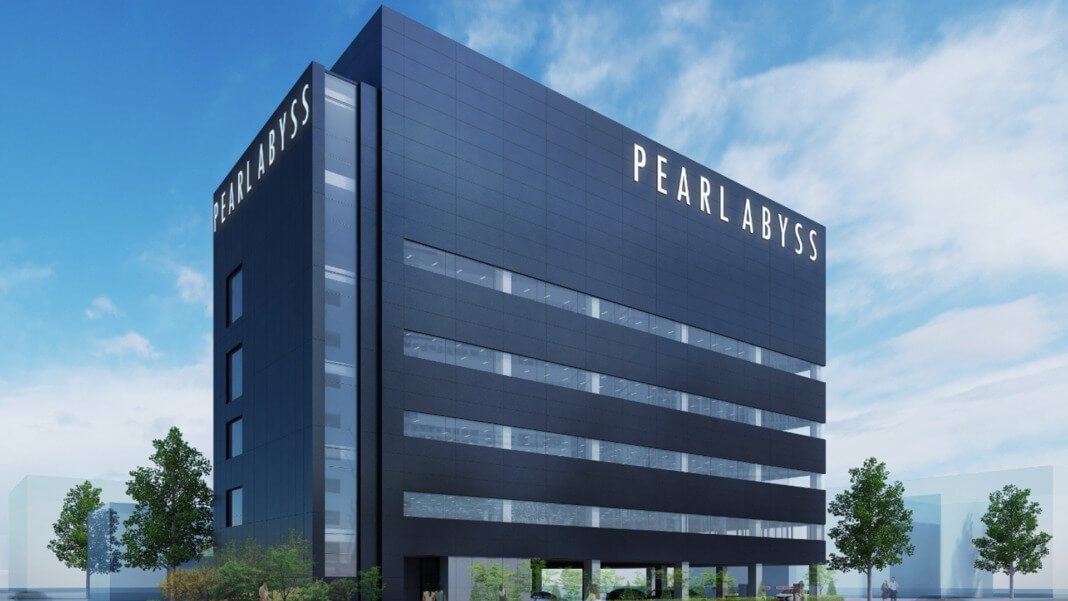First things first: what does CMS mean? CMS stands for Content Management System. In essence, this is a type of application that uses a database to ensure appropriate content management. Also, CMS can help to create websites and manage them easily.
Choosing the right CMS
If you have a content management system (CMS), it will help your organization quickly deliver remarkable customer experiences across all channels. Some content management systems are more popular than others, such as:
- Adobe Experience Manager (AEM)
- Sitecore
- Sitefinity
- WordPress
Each of them is created to fit different types of organizations. Choosing the right CMS will provide the business with the tools they need to reach their online goals and gain more efficiency. Organizations have different website requirements. Some are easy to resolve. Others are made for mid−level or enterprise−level organizations.
Where will your website fit?
You first need to assess the type of website that you have. Do you have a magazine website that features articles, photos, and informational and educational videos? Or are you intending to build an entry−level website? Do you have a more complex website that will come with advanced features?
These details help you determine whether you are looking at a mid-level website or feature-rich websites that are generally reserved for enterprise websites. So, first, decide which category your website falls under, and then select your CMS.
Adobe Experience Manager: Best to use drag and drop components
Adobe Experience Manager is known to be very useful. It can handle a lot of content, and it can work well with many businesses trying their best to stand out. Such an approach can work well with those who would like their brands to have better leverage among the competition.
Adobe Experience Manager offers Creative Cloud Integration, which allows businesses to focus on the marketing side. The feature can be used to make the workflow more straightforward and more manageable.
Creating high−quality content will be more comfortable. The integration of some keywords and meta content will allow the target market to look for the right items.
It is a powerhouse combo for your content and digital asset management needs. This CMS also helps create and manage digital experiences across all channels with automated tools that make scaling effortless, allowing organizations to drive extra traffic to various websites.
Sitecore: The original CMS for mid to high−level organizations
Sitecore is one of the original .net systems that a lot of organizations use. Professionals love to use it because it is one of the first such options on the market. Organizations with corporate marketing departments can benefit a lot from using Sitecore.
They provide a secure CMS that will ensure the management of flexible content. This infrastructure can be effective for organizations who would like to “market in context.” Furthermore, this is one of the most notable features of CMS. It allows the website to offer items based on the customer’s behavior and spending habits.
This type of enterprise-level CMS is expensive, which is why this is better suited for high−level organizations. It comes with features that companies that still have entry−level websites cannot be used as most of the components may only be wasted.
Sitefinity: Fresh and competitive CMS
Sitecore has competition with Sitefinity as this service also appeals to those with high−level enterprises. Some key points that make Sitefinity the choice of newer organizations are:
- Easy to use
- Scalable
- Secure
It also comes with modules that are unlike what people have seen before. The fact is that such features already make it appealing. Sitefinity had also become more popular when big brands, such as Coca−Cola, started to use it as their CMS.
Furthermore, the service is also used by IBM, Toshiba, and Toyota. The user interface is straightforward, and it appeals to companies and their target markets. The simple UI has also allowed different organizations to manage their content efficiently, even across various departments.
Even those who are non−technical will be able to do simple modifications, changes, and edits. This can provide a whole new digital experience that will be appealing to a lot of people.
The price of this CMS can be a bit steep, especially for small−scale businesses. Those who would like to try something different from Sitecore can try this, but those already happy with the other CMS may find it too simple for their taste.
WordPress: Simple and best for entry−level organizations

The fact that about 59% of enterprises are using WordPress CMS says a lot. The service is ideal for businesses that are just starting, especially if they do not want to shell out a considerable amount of money.
WordPress will have the ability to provide substantial yet straightforward content that the target market will look forward to seeing. There are many reasons why this platform is the choice of new businesses:
- Customizable website and content
- Huge library of plugins
- Affordable pricing
There are still a lot of good things people can say about it. No one can deny that this is probably the easiest CMS to use. The only problem is that since this is the most used platform, it is also mostly targeted by hackers and lacks enterprise-level security infrastructure found in enterprise-level CMS.
Research before deciding
You can search for more details by checking out forums. Some groups talk about CMS and their preferences. The more you know, the easier the choice. Platforms that are perfect for one organization may not be the best for all of them. Weigh the pros and cons before making your choice.





